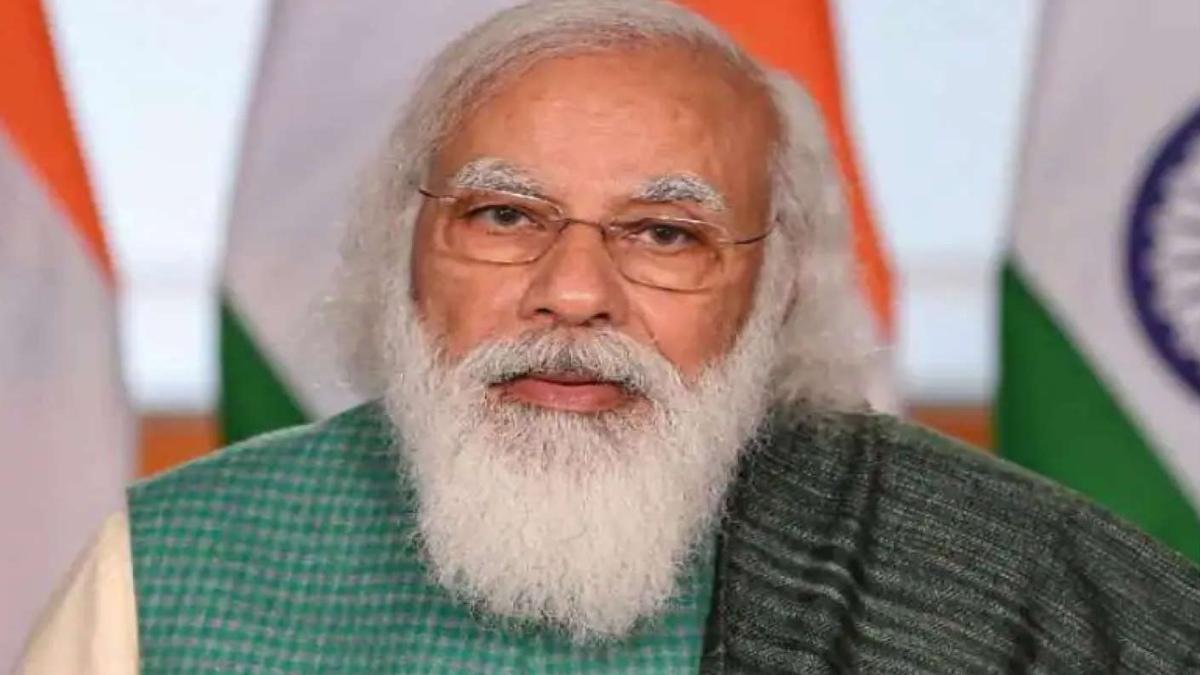


Fifty years ago when India was gearing up for the Liberation War claiming linguistic freedom to hundreds of thousands of Bengalis in the then East Pakistan, no one had imagined that the land of Sheikh Mujibur Rahman would be polarised by communal flames within decades to witness one of the most heinous attacks on the religious freedom of Bengali Hindus during the peak of their main festival.
The violent attacks on Durga Pujas and Iskcon temples across Bangladesh recently bear the ominous sign that the country has undergone an obscurantist change as much water has flown in river Padma (Ganges river after entering the precincts of Bangladesh is known as the Padma). That the minorities like the Hindus are not safe under the rule of the Awami League-led by Prime Minister Sheikh Hasina cannot be a concern only for India which is the biggest home to the Hindus in the world.
It also throws light on how rapid radicalisation of Muslims, advocated by a section of political class including the ruling dispensation, has turned Bangladesh into a contributor to the quiet rise of Islamic fundamentalism in the Indian subcontinent that bore the brunt of terrorism time and again in the past. Extremist outfits like Jamaat ul Mujahideen Bangladesh and its dark shadow have made deep inroads into the rural areas of the country to make it a hardline Islamic state.
The unprecedented development triggered repercussions in India like a wildfire for obvious reasons. The ruling BJP, which brags about championing the cause of Hindutva, lost no opportunity in portraying how vulnerable Hindus have become outside the country while making the loudest possible outcry globally. It also pointed a finger at the silence of several opposition political leaders including Mamata Banerjee who is the Chief Minister of West Bengal, infamous for her appeasement of Muslims and known to be a good friend of Hasina.
However, the elected and cabinet members of the BJP have not been vocal enough on this issue. It is reflected in the silence of its main faces in the government. Starting from Prime Minister Narendra Modi to Union Home Minister Amit Shah to External Affairs Minister S. Jaishankar, all stayed away from lending their voice to their party’s clamour for justice to the Hindus. Instead, the external affairs ministry responded to the situation by sending out a stern message of concern to Bangladesh at the diplomatic level.
This is perhaps a rare occasion in the last seven years of the BJP rule when the party and its government did not appear to be on the same page at least in public. While many in the party and beyond keep guessing the reason, bilateral relations, others feel, have emerged as the main obligation for the sake of the country’s future interests. To the BJP and RSS, the nation has always come first and on top of all in the agenda. There is no doubt that Modi and Shah are the products of the same ideology. What they chose to do therefore is bound by the government they run.
The pivot of their stand lies in Azaadi Ka Amrut Mahotsav, a year-long celebration that has been underway across the country to mark its military victory over Pakistan that gave birth to Bangladesh on 16 December 50 years ago. It may be noted that Modi himself launched the celebration in 2020 to uphold and consolidate India’s bond with Bangladesh which, apart from being hit by radicalism, is also being eyed by China for its expansionist dream.
The event would conclude on 16 December this year when top political representatives from Bangladesh are also expected to participate. Any critical reaction by the PM on a specific and untoward issue across the border would have certainly changed the mood in the run-up to the grand culmination of the celebration at the national capital. Had he broken his silence, it also might have become a discord in the long run diplomatically between the two nations especially when Hasina has harshly condemned the communal violence and launched stringent action against the offenders.
For Modi and India, Bangladesh is not a mere neighbouring country. It is a land which he visited himself and has an old connection politically, economically and culturally with India above anything. That is why when the Hindus came under attack there, the PM also averted a diplomatic crisis like a statesman by dealing with the situation at the government level instead of the party level.
The author is Professor and Chairman, Centre for Narendra Modi Studies (CNMS) India and also Former Media Advisor, Aligarh Muslim University. He may be contacted at profjasimmd@gmail.com. The views expressed are personal.